The best solution is to wait for it to pass on its own: FALSE: Only 15% of children with bedwetting stop wetting the bed each year. This means that 85% of other children will still have this problem next year. We now have safe techniques to help your child overcome bedwetting, so it is not recommended to wait. Bedwetting causes a lot of stress for children and their families (cleaning sheets, buying diapers, withdrawing, refusing to go to friends' houses). However, we recommend not treating a child before the age of 6. Children with bedwetting have physical or mental problems FALSE: Only 3% of children with primary nocturnal enuresis have a physical or urological cause. Psychological problems causing primary enuresis are not common. Even so, children with emotional difficulties may qualify for treatment for enuresis. If the child is a heavy sleeper, the alarm will not work: FALSE: Children with bedwetting may have a higher threshold for loud noises than other children. Initially, the alarm is heard by parents, who may then wake their child and accompany them to the bathroom. Over time, the child's brain begins to associate the alarm sound with stopping the flow and going to the toilet. Gradually, children learn to control their muscles in response to a full bladder. If my child doesn't tell me about his bedwetting, it's because he doesn't care at the moment. FALSE: No child wants to wake up in a wet bed. When children reach school age and realize that their friends aren't wearing disposable pads or are worried about waking up to a wet bed, their self-esteem and social independence will be affected. In a school setting, their age-appropriate social activities can be severely reduced. All children prefer to be dry, and if they are given the means to control this, they will be very cooperative with bedwetting treatments and alarms. Bedwetting is just another little problem that will go away easily. FALSE: Bedwetting has many serious consequences that make it a real problem. Financially, bedwetting can be extremely costly. Extra loads of laundry each day can cost up to €600 per year. Using disposable pants can easily add up to over €200 per year. Bedwetting medication can cost up to €3 per tablet, even with social security coverage. Emotionally, bedwetting has serious repercussions for children and their families. Hiding bedwetting from other family members and friends is very painful for children. Friends and siblings can be cruel, teasing, or humiliating. Parents make every effort to avoid teasing from siblings, but classmates are another matter. Children with bedwetting can become withdrawn and very unhappy. In terms of time and patience, bedwetting has a real impact. Laundry becomes a daily occurrence, occupying parents every day. The whole family loses quality and duration of sleep. The necessary supplies outside the home quickly become a nuisance (bed pads, diapers, change of clothes, etc.). Generally speaking, bedwetting in children can reduce the number of options available to a family. My child is the only one with this problem. FALSE: Bedwetting is an extremely common problem, and chances are that someone close to the child has experienced the same problem. If a parent, grandparent, aunt, or uncle has experienced this problem, we recommend sharing their story with the child. It can be very reassuring to learn that a respected and admired adult has experienced the same problem. Also, remind children that in a class of 25 8-year-olds, at least one or two other children also wet the bed. Bedwetting persists because children wear diapers FALSE: Most children are potty trained between the ages of 2 and 4. There are generally three types of children when it comes to nighttime potty training: Those who are spontaneously. Those who start with an occasional dry night, then progress more and more regularly, and finally become completely toilet trained without any intervention. Around the age of 6. Those who have had very few dry nights in their lives. These children can wet the bed anywhere, even if their fluid intake is limited, or even if their parents take them to the bathroom during the night. In this case, using disposable pads can reduce frustration for both parents and children until an alarm treatment program is implemented. Punishing or depriving a child will make him or her potty-trained sooner FALSE: Remember, children do not consciously control their bedwetting. Punishing children for an activity over which they have no control is discouraged and can even aggravate it. Deal with bedwetting in a constructive way, such as asking your child to help you make the bed or do the laundry. This should be seen as sharing chores, not as punishment. Puberty often cures bedwetting FALSE: Although it is true that the number of bedwetting children decreases with age, a small percentage even over the age of 18 continue to bedwet. Puberty does not cure bedwetting, and there is no reason to wait until a child is approaching this age before attempting treatment. This age should not be considered the age of last resort. Treating bedwetting with medication is the best method FALSE: Although medications such as desmopressin (DDAVP) or Ditropan (oxybutynin) work well as an adjunct to therapy and in cases where a child needs to be dry for a short time, using medication alone rarely helps children permanently overcome bedwetting. When the medication is stopped, 80 to 90 percent of these children resume bedwetting episodes. Children who use alarms are nine times more likely to become toilet trained and stay dry than those who use medication as the sole treatment option.
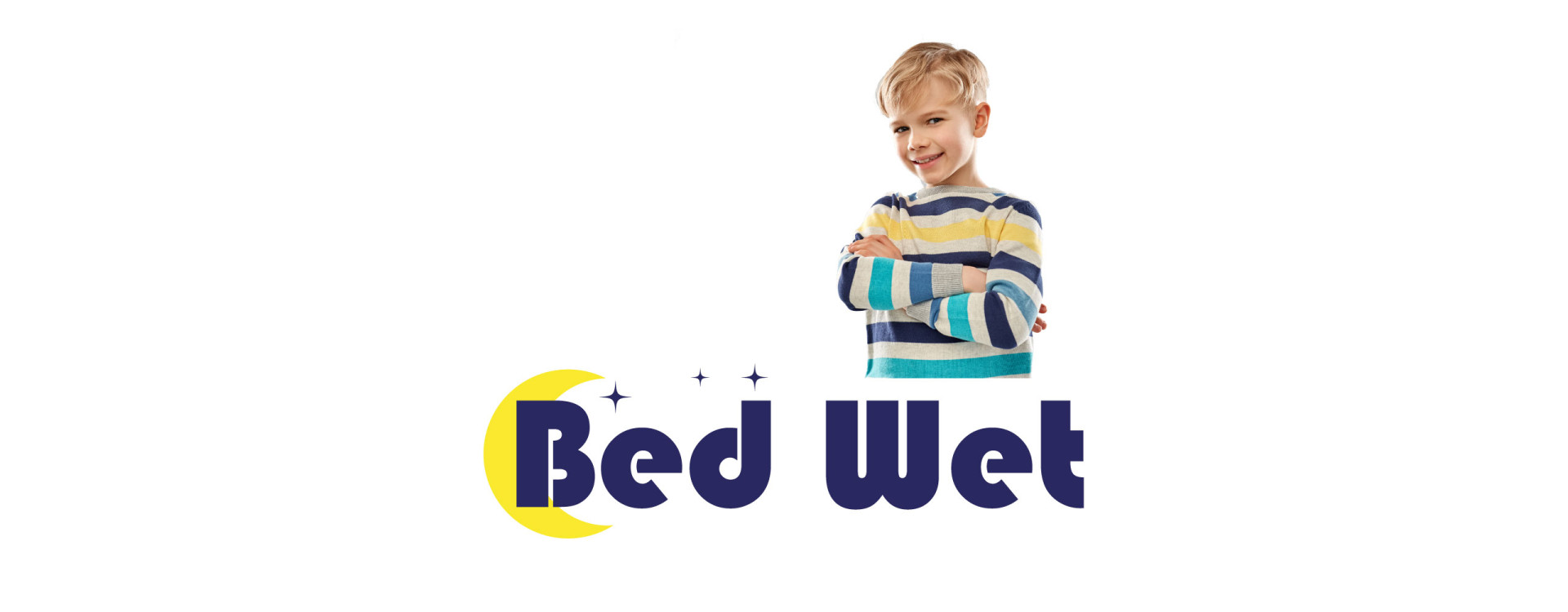

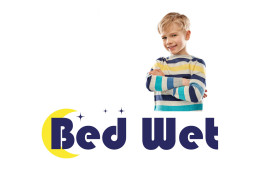
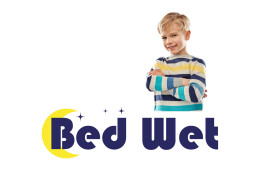
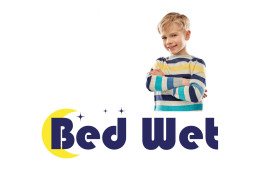
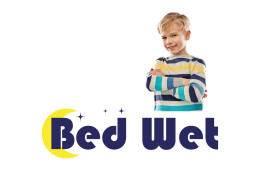
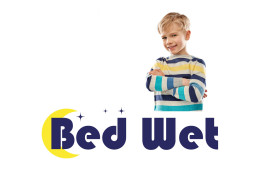
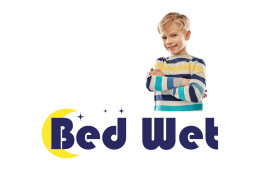
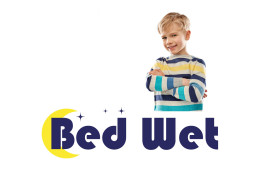
Latest comments